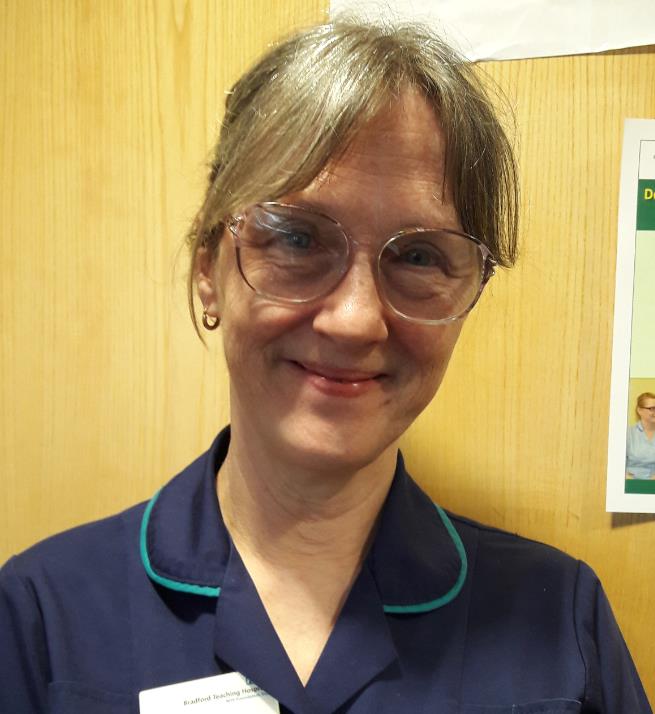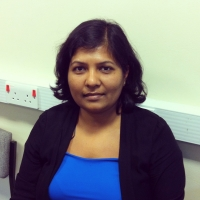Overview of the Research
“The Haematology Research Team is committed to providing patients with a high quality, professional and ethical research experience; delivered with care, compassion and respect. We promote an environment of mutual respect and communication between patients and staff.“
The Haematology Research team run 27 trials ranging from multi-armed international randomised controlled trials, to service evaluations. We cover all areas of malignant haematology; acute and chronic leukaemia’s, high and low grade lymphomas and myeloma. We also run non-interventional studies in non-malignant haematology such as Haemophilia, which is an area we hope to expand.
As part of our trials, we are testing novel agents, with the aim of improving patient outcomes, giving patients access to treatments not yet available on the NHS. We provide close clinical monitoring of our patients, and from the results of our trials, patient care is constantly improving.
The team consists of 2 WTE Research Nurses, 0.4 WTE Epidemiology Trials Assistant, and 0.2 WTE Clinical Trials Officer, as well as 5 consultants who are all research active.
The Research Team

Dr Sam Ackroyd
Our Research
LATEST RESEARCH
AML 18.– First line treatment for new AMLs over 65 years of age
AML 19 – First line treatment for new AMLs under 65 years of age
APL-DIC – Understanding and managing the coagulopathy of APL – pilot study.
LI-1 – Leukaemia Lymphoma Research and NCRI Working Group Pick a Winner Programme (LI1) Trial
Flair – First line treatment for CLL
ARROVEN – phase 4 study for Brentuximab
Horizons – Longditudinal QoL for NHL, Breat and Gynae patients.
CARES – Haemophillia carriers well being study
CALLS – Mutation analysis in CML and PH+ve ALL
PRAN 16-52 – Placebo controlled study in non-transplant AML
REALISM – retrospective data collection in myelofibrosis
Late effects in Hodgkin’s Lymphoma – retrospective data collection for HL patients treated with radiotherapy
MOL-GEN – Molecular genetics study for patients with Bleomycin toxity
UKALL 14 – A randomized trial for adults with newly diagnosed acute lymphoblastic leukaemia
UKALL 60+ – A Phase 2 study for older adults with Acute Lymphoblastic Leukaemia
HISTORICAL RESEARCH
- .
NSHLG – National Study of Hodgkin’s Lymphoma Genetics
Quality of life in multiple myeloma and follicular lymphoma
CML Registry A prospective registry of CML for Northern England and North Wales
European Trial of Free Light Chain Removal by Extended Haemodialysis in Cast Nephropathy –
R-CHOP 14 vs 21- first line treatment for newly diagnosed DLBCL patients undergoing R-CHOP chemotherapy
IMPACT OF RESEARCH
Myeloma IX into Myeloma XI
by: Victoria Drew, 01274 383438, victoria.drew@bthft.nhs.uk
As part of the Haematology Research Team’s portfolio of trials, we have run Myeloma IX (which closed several years ago, but we are still following up the surviving patients), and Myeloma XI, which we are currently recruiting to. (Myeloma X is a trial for relapsed myeloma patients and is also currently recruiting).
Myeloma is a malignant disorder of plasma cells which is characterised by an excess of abnormal plasma cells, lytic bone lesions and paraproteins in the serum and urine, the majority of cases occurring over the age of 60. It is an incurable condition which, in the absence of treatment, has a very poor prognosis. With modern treatments the median overall survival is approximately 4-5 years (Morgan et al, 2011).
Myeloma IX examined a traditional chemotherapy regime and a thalidomide-based induction regime, and maintenance regimens as well as intravenous zoledronic acid and oral clodronate in patients with newly diagnosed multiple myeloma. Overall survival and skeletal-related event data have been reported for the overall trial population.
Patients were assigned to intensive or non-intensive treatment pathways and randomized to induction standard vs. a thalidomide containing regime. Patients were also randomized to zoledronic acid or sodium clodronate. The trial showed that all thalidomide-containing regimens had better efficacy than traditional regimens.
In subgroup analysis of both pathways, zolendronic acid improved overall survival versus clodronate in all patient groups, and most profoundly in patients with baseline bone disease or other skeletal related events (Morgan et al, 2012).
Worldwide it is now widely accepted that the main induction regimen for patients going for transplantation will be a thalidomide-containing regimen. In the UK, this will be CTD, (cyclophosphamide, thalidomide, dexamethasone) which is a direct result of the Myeloma IX trial. For patients not fit for transplantation, the results of Myeloma IX showed CTDa (drugs as above, but attenuated) was superior in its responses.
This was also the first study comparing bisphosphonates head to head (Morgan et al, 2012), and as a result, all newly diagnosed myeloma patients are now treated with zoledronic acid.
Clinical trials do not always prove that the ‘new’ or ‘intervention arm’ is better. In Myeloma IX, maintenance thalidomide was shown to be no better than no maintenance in improving overall survival, therefore no further treatment is given after induction in standard care.
Myeloma IX’s results have determined the design for Myeloma XI; the standard arms are now CTD(a) vs. new anti-myeloma drugs (lenalidomide and velcade), as well as no maintenance vs. lenalidomide and vorisostat maintenance. This trial opened in 2010 and is due to complete recruitment in 2014.
References:
Morgan, G.J. et al (2011) Myeloma XI protocol – Randomised comparisons in myeloma patients of all ages of thalidomide, lenalidomide and bortezomib combinations, and maintenance lenalidomide (not published).
Morgan GJ, Davies FE, Gregory WM, Szubert AJ, Bell SE, Drayson MT, Owen RG, Ashcroft AJ, Jackson GH, Child JA (2012) Abstract from; http://ukpmc.ac.uk/abstract/MED/22498739. Accessed on 09 May 2012








